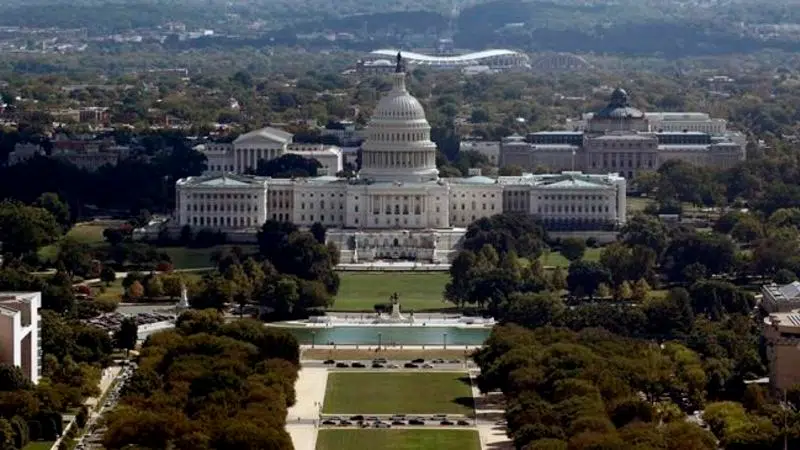
US deficit hits nearly $1 trillion. When will it matter?
WASHINGTON — The Trump administration reported a river of red ink Friday.
The federal deficit for the 2019 budget year surged 26% from 2018 to $984.4 billion — its highest point in seven years. The gap is widely expected to top $1 trillion in the current budget year and likely remain there for the next decade.
The year-over-year widening in the deficit reflected such factors as revenue lost from the 2017 Trump tax cut and a budget deal that added billions in spending for military and domestic programs.
Forecasts by the Trump administration and the Congressional Budget Office project that the deficit will top $1 trillion in the 2020 budget year, which began Oct. 1. And the CBO estimates that the deficit will stay above $1 trillion over the next decade.

